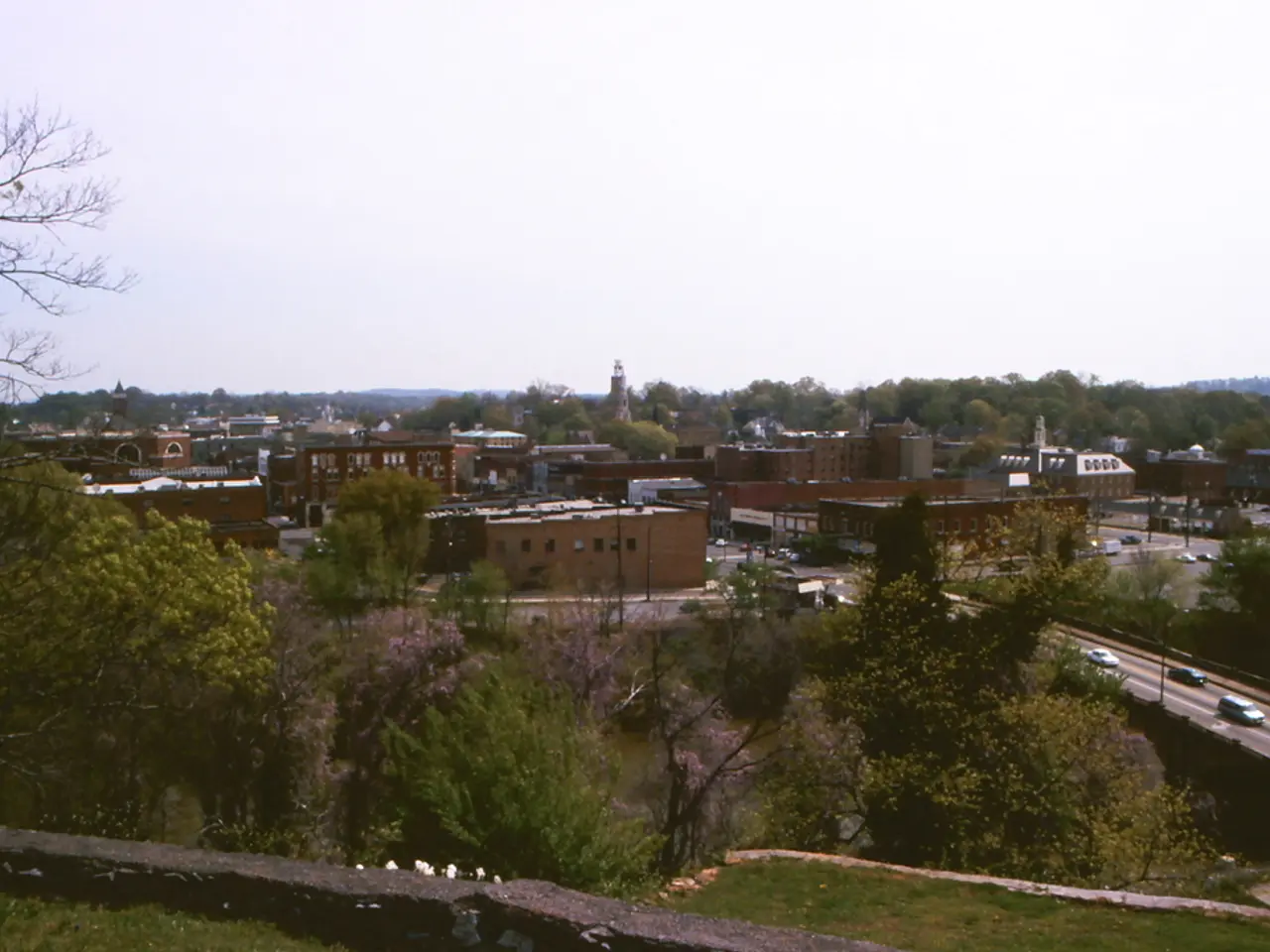Investment plan endorsed by BGL for building local sports facilities
Federal Government Announces Subsidy Program for Municipal Sports Facilities
The Federal Association of Garden, Landscape, and Sports Ground Construction (BGL) has welcomed the agreement in the Budget Committee of the Bundestag to implement a subsidy program for the renovation of municipal sports facilities. This program, part of the "sports billion," will allocate one billion euros for the renovation of gyms, sports facilities, and swimming pools.
Thomas Banzhaf, the BGL President, emphasized the central role of sports facilities in climate-adapted open space design. He stated that these facilities contribute to water-sensitive construction, a crucial aspect of climate adaptation in cities. De-sealing is highlighted as a key aspect of climate-adapted open space design, with sports facilities playing a role in this process.
Banzhaf also asserted that investments in sports facilities are investments in society. They promote movement and strengthen togetherness, contributing to social cohesion, integration, and health. He further added that this program is more than just an important signal against the investment backlog as many municipalities cannot finance the renovation of their sports facilities from their own funds.
The success of the subsidy program, however, is still dependent on practical funding guidelines and efficient implementation, as previously stated. The federal government will fully fund this program, financing or planning to finance climate adaptation construction of sports facilities primarily through the "Sportmilliarde" program.
Banzhaf also linked the renovation of sports facilities to their role in promoting biodiversity in sports and movement spaces. He stated that sports facilities help make cities future-proof, playing a significant role in sustainable urban development.
The federal government's support for infrastructure that is indispensable for social cohesion, integration, health, and sustainable urban development is evident in this subsidy program. While specific cities receiving such funding are not detailed, broader urban climate adaptation efforts and funding for such measures are being planned or implemented in various cities like Hannover, Leipzig, Stuttgart, and Mönchengladbach, though not exclusively for sports facilities.
In conclusion, the subsidy program for the renovation of municipal sports facilities is a significant step towards climate-adapted urban development and social cohesion in Germany. The program's success will depend on its practical implementation and adherence to efficient funding guidelines.








